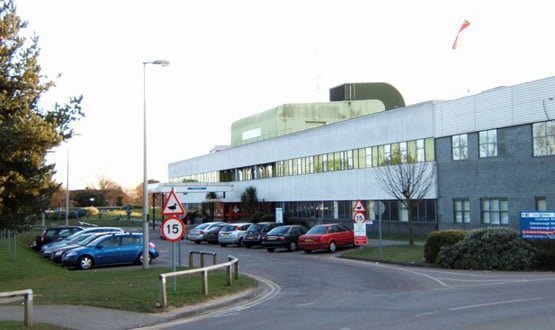Colchester Hospital University NHS Foundation Trust is at the centre of a widening series of investigations into claims that information may have been falsified to hide missed targets for cancer treatment.
Earlier this week, the new chief inspector of hospitals, Professor Sir Mike Richards, urged the foundation trust regulator, Monitor, to put the hospital into special measures.
The move followed a report from inspectors from the Care Quality Commission, saying that “some hospital staff reported they were pressured to change data relating to patients and their treatment to make it seem people were being treated in line with national guidelines.”
The CQC said it had also referred its findings to Essex police. However, it has since emerged that the CQC may be widening its investigations to look at more pathways taken by patients over a longer time period.
And NHS England has set up a specialist team to look at the care given to patients since 2010.
Unison has been vocal in saying that staff were “bullied and harassed by senior managers into changing records” and that warnings to senior managers had been ignored.
Christina McAnea, Unison’s head of health, has called for protection for NHS whistle blowers to be strengthened as a result.
The emerging potential scandal at Colchester is also likely to strengthen the government’s hand in bringing in new measures to prevent the misuse of NHS data.
In March, ahead of its response to the second Francis inquiry into the Mid Staffs scandal, the government said it was considering legislation to make trusts criminally liable for manipulating figures on waiting times and death rates.
And in June, health secretary Jeremy Hunt reiterated that he wanted it to be a criminal offence for NHS providers to supply false or misleading data about their performance to regulators and other bodies.
He said this would help to promote an “open and transparent culture” in the health service, to stop problems being “swept under the carpet.”
The problem at Colchester came to light during a CQC inspection in August and September, which was prompted by concern about the treatment of patients from the end of 2011.
In a statement, the CQC said that its inspectors had spent six days at the hospital, and that when they checked national cancer waiting times against individual patient records they found “discrepancies in the records and types of treatment recorded for some cancer patients.”
The inspectors looked at 61 records and found that 22 patients might have been placed at risk because they were not treated within the required 62 days. In three cases, people had waited more than 100 days for treatment.
An internal investigation was carried out in 2012, but failed to address the concerns. The hospital’s chief executive, Gordon Coutts, who has been backed as a reformer by local MPs, has acknowledged that the review was “not adequate.”
He said the CQC’s report made “awful reading” and the trust is contacting and apologising to patients affected.
Colchester Hospital University NHS Foundation Trust comes second to bottom in a new ranking of trusts drawn up by EHI Intelligence, based on its Clinical Digital Maturity Index, a model of the administrative and clinical systems a trust has in place.
The trust lacks a number of basic systems, including an oncology system. EHI has also reported that it appears to be struggling to implement a Medway patient administration system from System C, a McKesson company. It was due to go live with the system in April, but the go-live has been put back.

